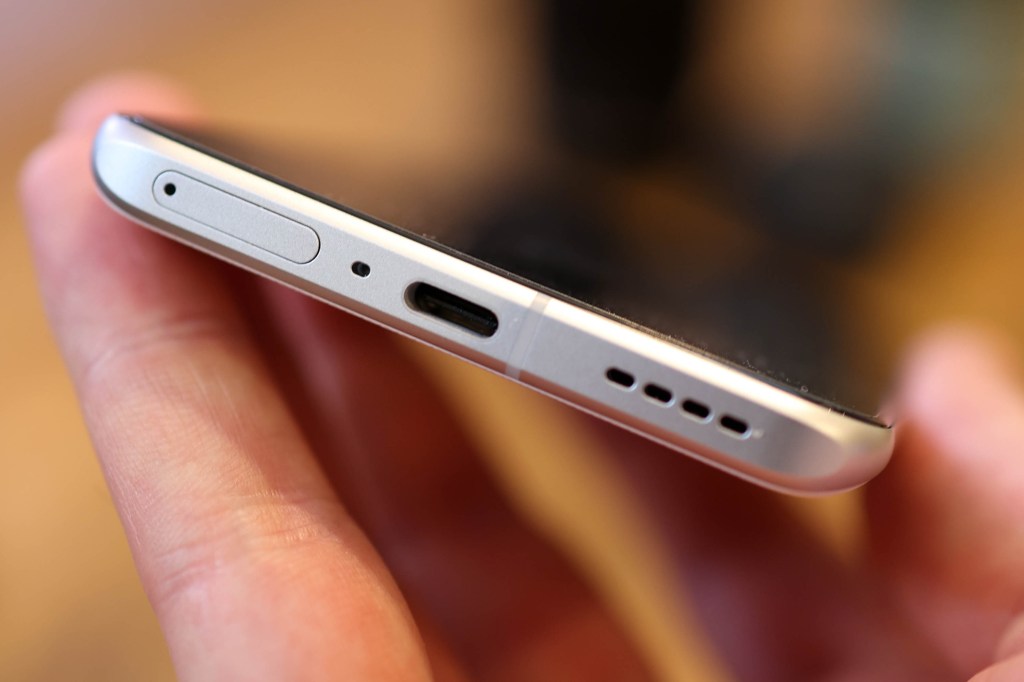
From time to time, Apple marks a big change with the latest iPhone. Be it the switch to Lightning, dropping the headphone jack, or adding the notch, we often see a headline-catching feature during the refresh cycle. Thanks to some new supply chain information, it looks like iPhone 15 is set for one of those big changes – and it’s a port (again).
According to a new report from Apple analyst Ming-Chi Kuo, the 2023 iPhone (assumedly the iPhone 15) will feature a USB-C connector rather than the Lightning connector found on current iPhones. Previous reports speculated Apple may opt for a portless iPhone with wireless charging only.
This new information comes as quite the surprise, suggesting Apple will take a different direction. It is slightly odd timing, with iPad opting for USB-C back in 2018, and Mac devices even earlier. However, Kuo maintains an excellent track record for Apple leaks. Of course, this remains speculation until Apple releases the device.
Since then, Apple analyst Mark Gurman has reported that Apple is indeed testing USB-C on iPhone. Reporting for Bloomberg, Gurman reported Apple is currently testing the new connector on test devices, and is also working on a Lightning to USB-C connector for backwards compatibility with accessories. He also explained Apple wouldn’t be implementing this until 2023 at the earliest (just like Kuo). With two sources corroborating the report, it looks like we might be in for USB-C.
Shedding some light(ning): The bigger picture on Apple’s switch to USB-C
This will be the first time since iPhone 5 that Apple has changed the iPhone connector. With iPhone 5, Apple switched from the wider 30-pin connector to the smaller, more convenient Lightning. USB-C was announced after Apple debuted the Lightning port, taking the same principle of an easy, reversible cable, and making it available for all devices.
The switch in connectors comes after pressure from the EU for all manufacturers to switch to USB-C. Earlier, the EU set out draft legislation mandating USB-C across all device. Should manufacturers fail to meet this, their products wouldn’t be approved for sale in EU countries.

iPhone 15 switching to USB-C is definitely an improvement for connectivity. With USB-C, the iPhone would be able to achieve faster charging speeds and transfer data faster, too. It would also mean one less cable hanging around, which solves one of the biggest irks in tech. But it’s not all good news.
While a number of factors likely drove Apple to this decision (such as using USB-C on other products), the drafted EU legislation was arguably the biggest. It is slightly concerning that such legislation can affect all devices we buy. Should the EU decide the headphone jack was the right way to listen to music, could we see a forced return of the 3.5mm hole?
For now, you can look forward to the possibility of your future iPhone including USB-C. Don’t go throwing out your Lightning cables just yet, however.






